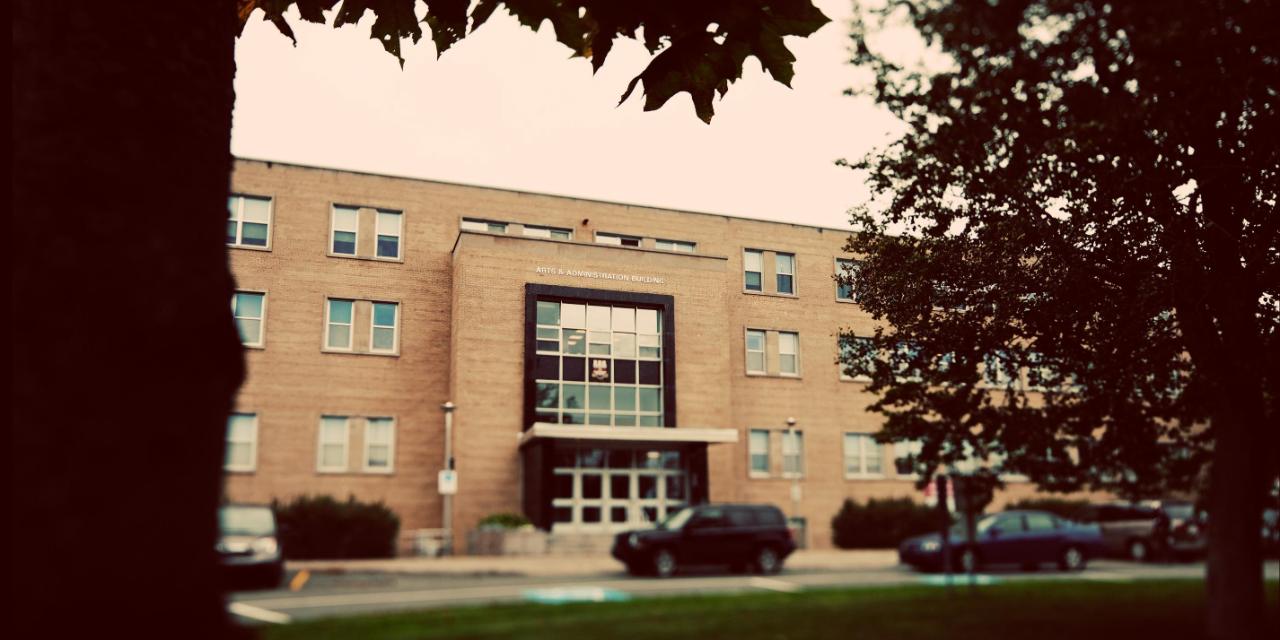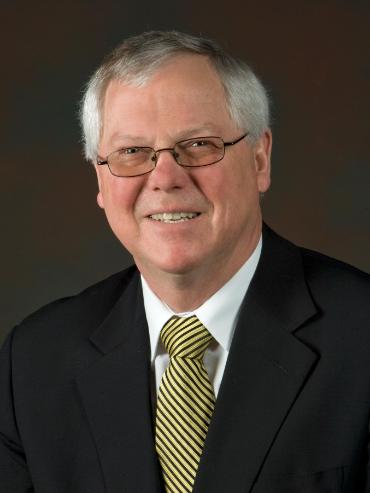Steady presence
For more than four decades, Glenn Collins was at the center of Memorial University’s academic life, shaping the systems and structures that allowed students, faculty and the institution itself to thrive.
In a university, the Office of the Registrar might not make headlines like the construction of a new building or a major research discovery, but it’s the place where the very flow of academic life is organized.
And for 42 years, Mr. Collins was not only part of that flow — he helped design it.
He joined the Office of the Registrar in 1970, and in 1982 he became registrar and secretary of Senate, a position he held until his retirement in 2012.
Over those decades, he became a trusted steward of Memorial’s academic governance, someone who combined deep institutional knowledge with a talent for fairness and diplomacy.
He was also Memorial’s advisor to the Board of Regents, a role that placed him at the centre of decision-making for the entire university.
Mr. Collins earned a bachelor of science degree in mathematics and physics, a master’s in mathematics and a bachelor of education — all at Memorial.
He later broadened his perspective with a senior university administrators’ course at the University of Western Ontario in 1985, training that deepened his leadership in governance and administration.

The Office of the Registrar is in the Arts and Administration Building on the St. John’s campus. Photo from Memorial University Archives.
While the role of university registrar is often simply described as the “keeper of the academic record,” it involves far more than that.
The registrar ensures that academic rules are applied consistently, that policies align with the university’s mission and that the delicate machinery of exams, registration and graduation runs smoothly.
The registrar also advises Senate — the body responsible for academic governance — on matters of policy and procedure. In other words, Mr. Collins’s office was where the daily life of students met the long-term vision of the institution.
He worked to ensure a smooth transition when Memorial and the Marine Institute joined forces in 1992.
Later, from 2003 to 2004, he also took on the role of acting vice-president (administration and finance), demonstrating the university’s confidence in his steady hand during times of transition.
And when he retired from the registrar’s office in 2012, Mr. Collins remained committed to Memorial and stepped into a new role as executive director of the Board of Regents.
There, he provided continuity and expertise, ensuring that the board’s committees operated effectively and that its decisions aligned with legislation, by-laws and university policies.
He helped shape not only how the university governed itself, but how it lived out its mission in practical terms.
Generations of students crossed the stage at convocation thanks in part to processes Mr. Collins oversaw. Senate made decisions with his guidance. The Board of Regents relied on his advice.
He became a true linchpin of the university — reliable and essential to holding together the moving parts of a complex institution. And his steady presence helped make Memorial what it is today.
